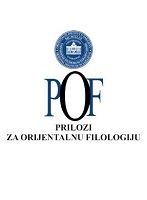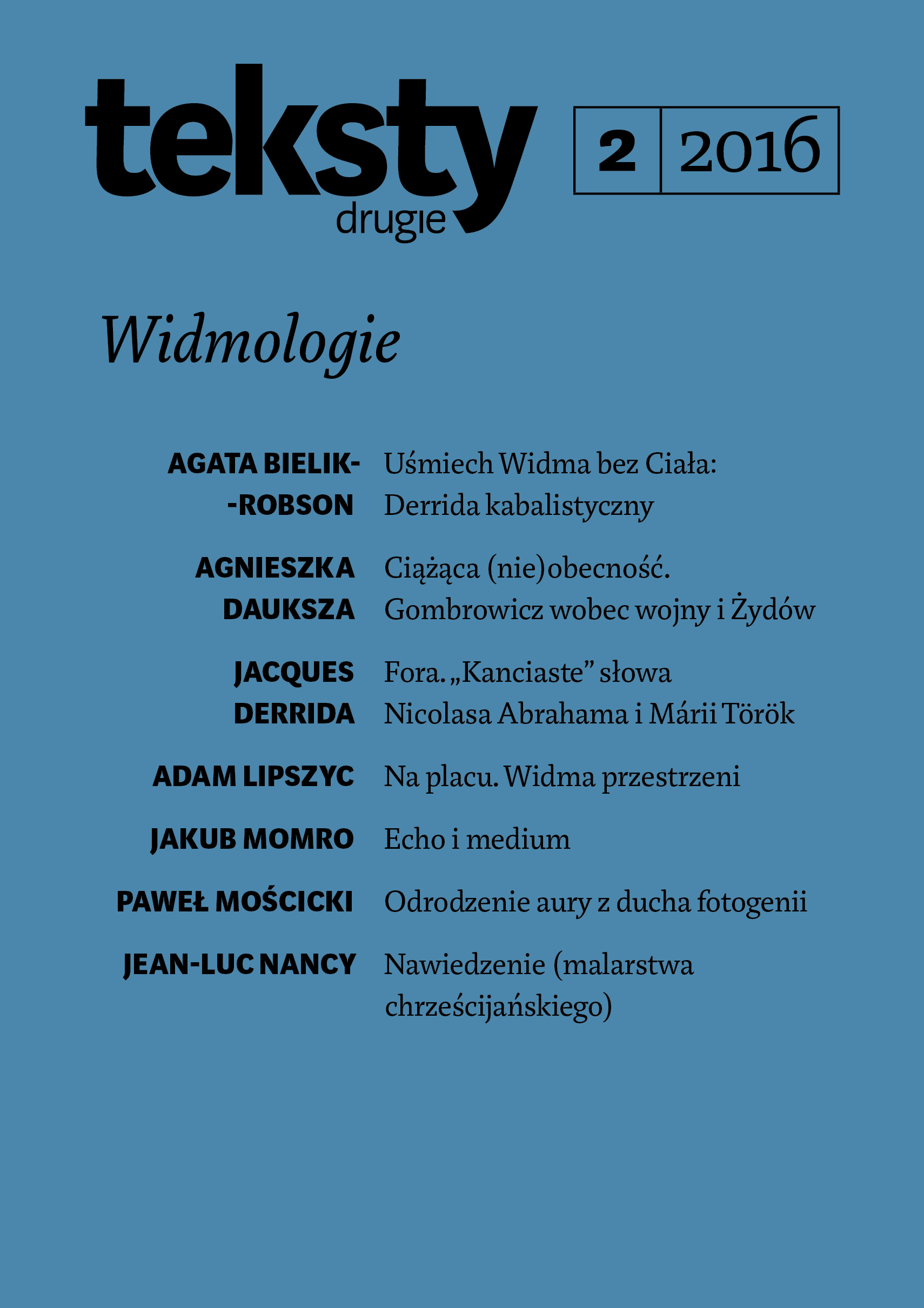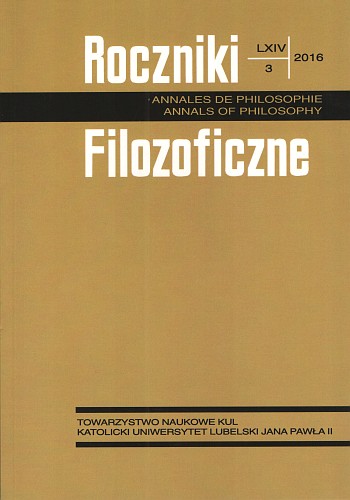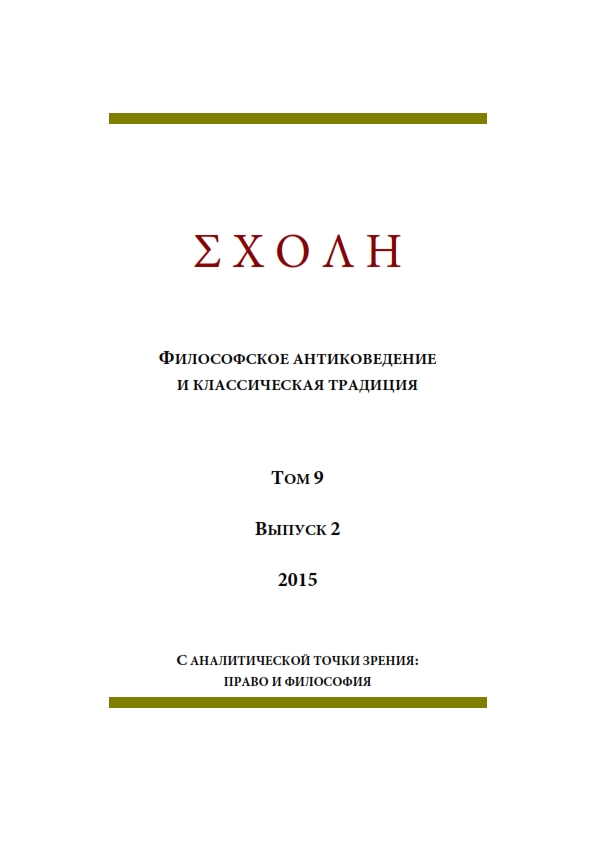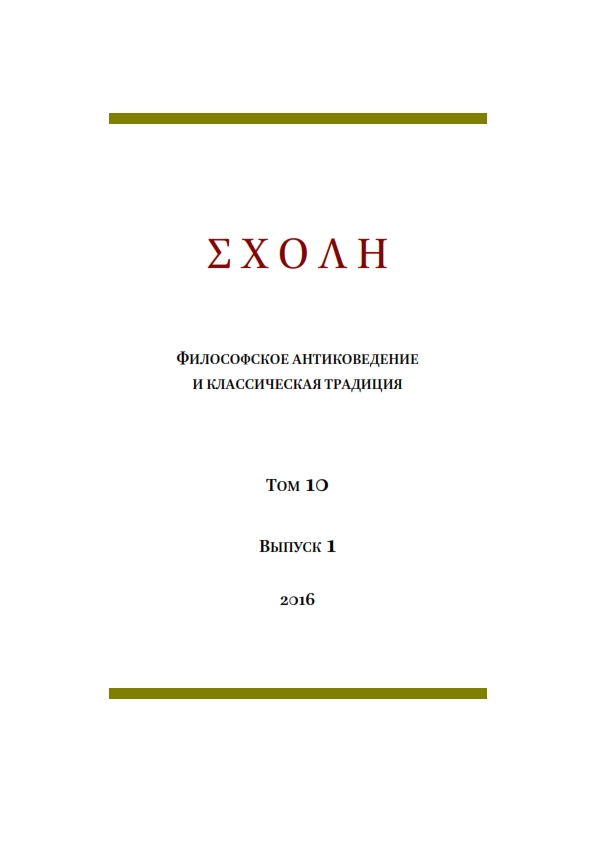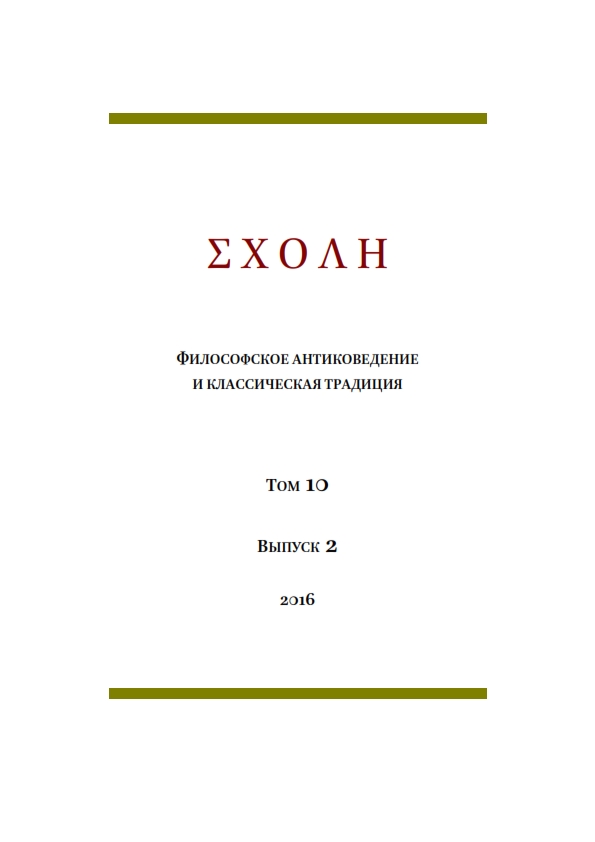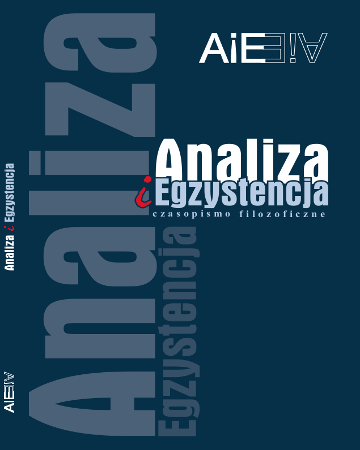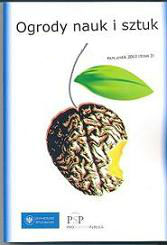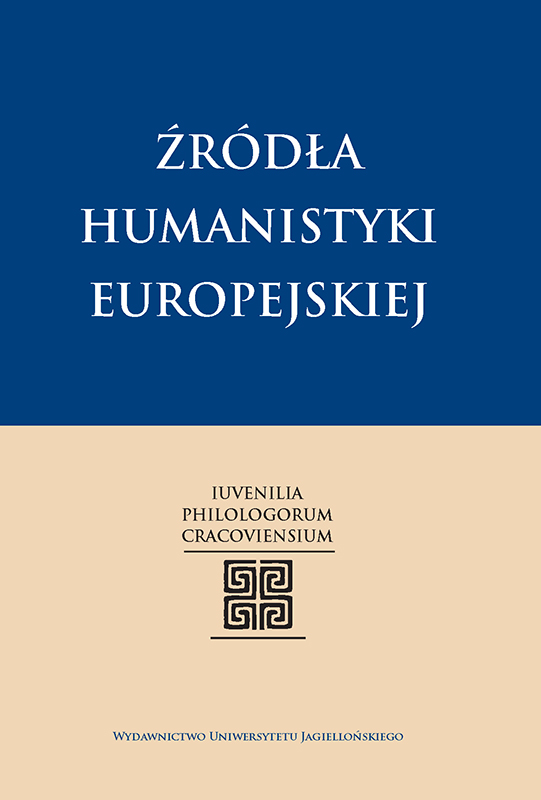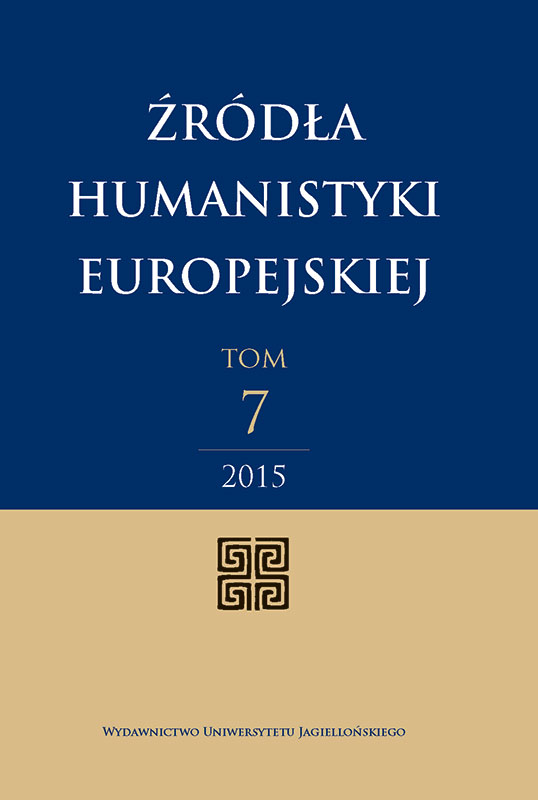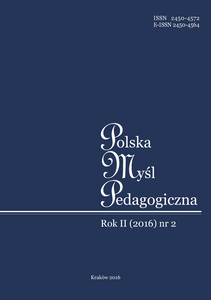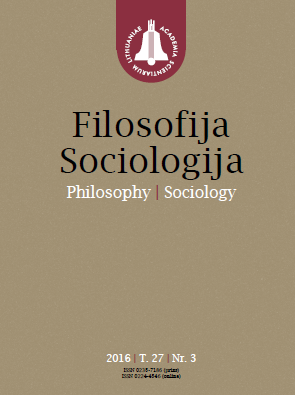
On the unity of theory and practice in Heidegger’s thought
The article presents the unity of theory and practice as the clue to Heidegger’s thought. Hence, Heideggerian notions are explicated with respect to the living situation of their occurrence. The Seynsgeschichtlich aspect is considered crucial for comprehending the gist of the notion of the ontological difference. In the light of the historicity of Heidegger’s thought, its relations to the philosophy of ancient Greeks, especially to that of Aristotle and Plato, are explained. The Heideggerian reading of Greek concepts as well as the Aristotelian Platonic character of Heideggerian musings is taken into account. Precise links between Heideggerian and Greek conceptions are indicated. A tentative outline of the ontological difference is suggested.
More...
